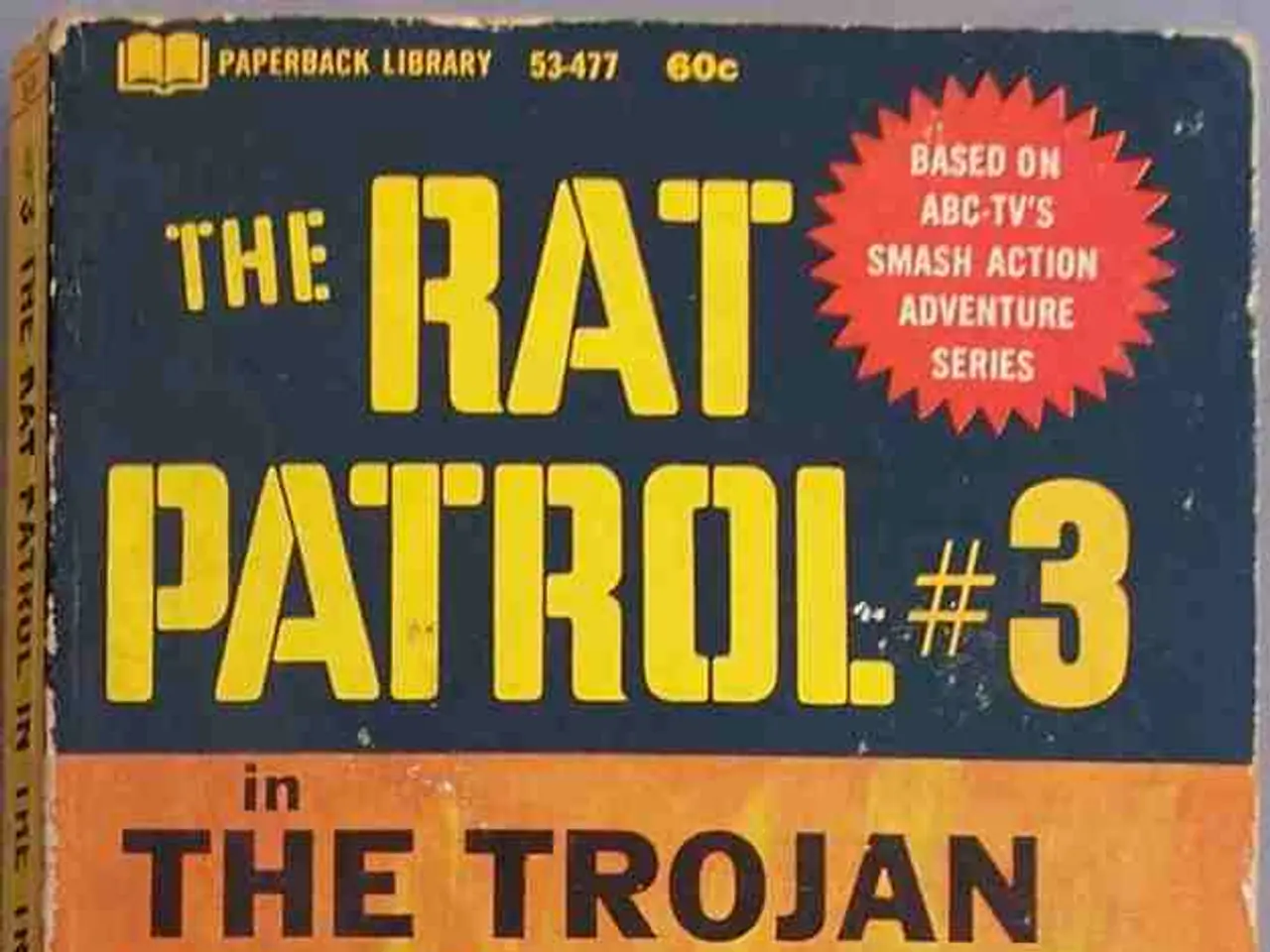Lebanon to disarm Hezbollah along the border with Israel within a three-month timeframe, as announced by a minister.
In a significant development, General Rodolphe Haykal, the head of the Lebanese Army, has presented the Homeland Shield Plan—a roadmap for disarming militias, including Hezbollah—to the Lebanese cabinet on September 5, 2025.
The plan, which was ordered by the government in August, aims to disarm Hezbollah in an area approximately 30 kilometers from the border with Israel. This disarmament push is part of the implementation of the ceasefire deal that ended the war last November.
The army's plan includes stringent measures to ensure peace and security. It entails no warehouses, no weapons, no weapons transfers, no fighters, and no display of arms in the designated area. To enforce these measures, the army will tighten and increase the number of checkpoints, preventing the movement and carrying of weapons without conducting raids, arresting individuals, or confiscating weapons from warehouses. At the very least, the movement of weapons from one area to another will be prohibited.
Hezbollah, however, has rejected the cabinet's decision to disarm it. The group has been severely weakened by a year-long conflict with Israel, including two months of open war, that destroyed part of its arsenal and decimated its leadership.
The plan consists of five stages, with the first stage aiming to complete the removal of weapons south of the Litani River by the end of November. The army will work diligently to ensure the successful implementation of this stage.
The announcement of the plan was made by Foreign Minister Youssef Raggi. The plan, in parallel with the first phase, includes the implementation of "security measures" across the country.
While details about the implementation of the plan have not been disclosed by the cabinet, it is clear that this is a significant step towards peace and stability in the region. The next four phases of the plan will see disarmament in other regions, including Beirut and the eastern Bekaa, but without timelines.
As the Lebanese Army moves forward with this ambitious plan, the hope is that it will lead to a more secure and peaceful future for the people of Lebanon.








